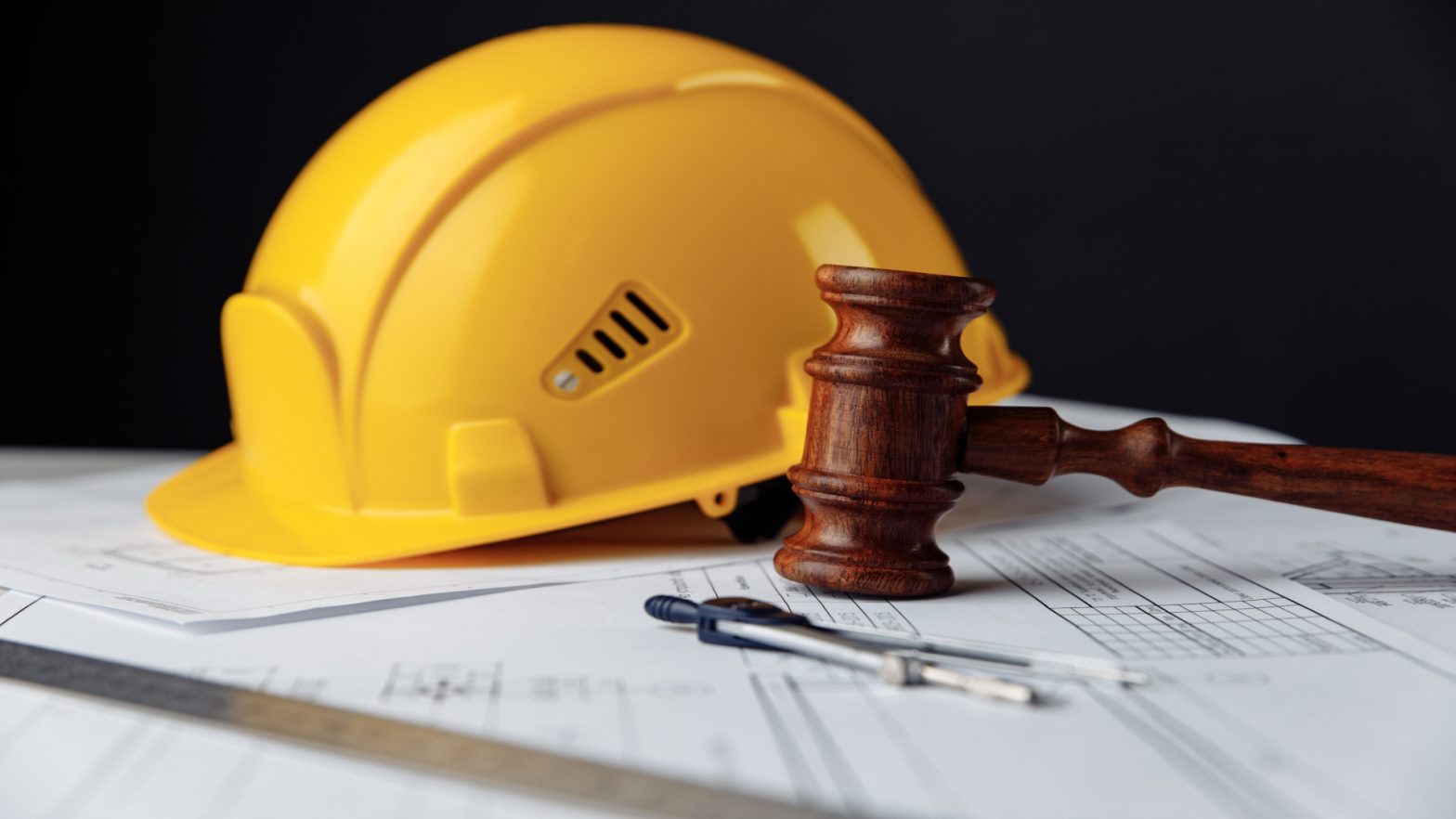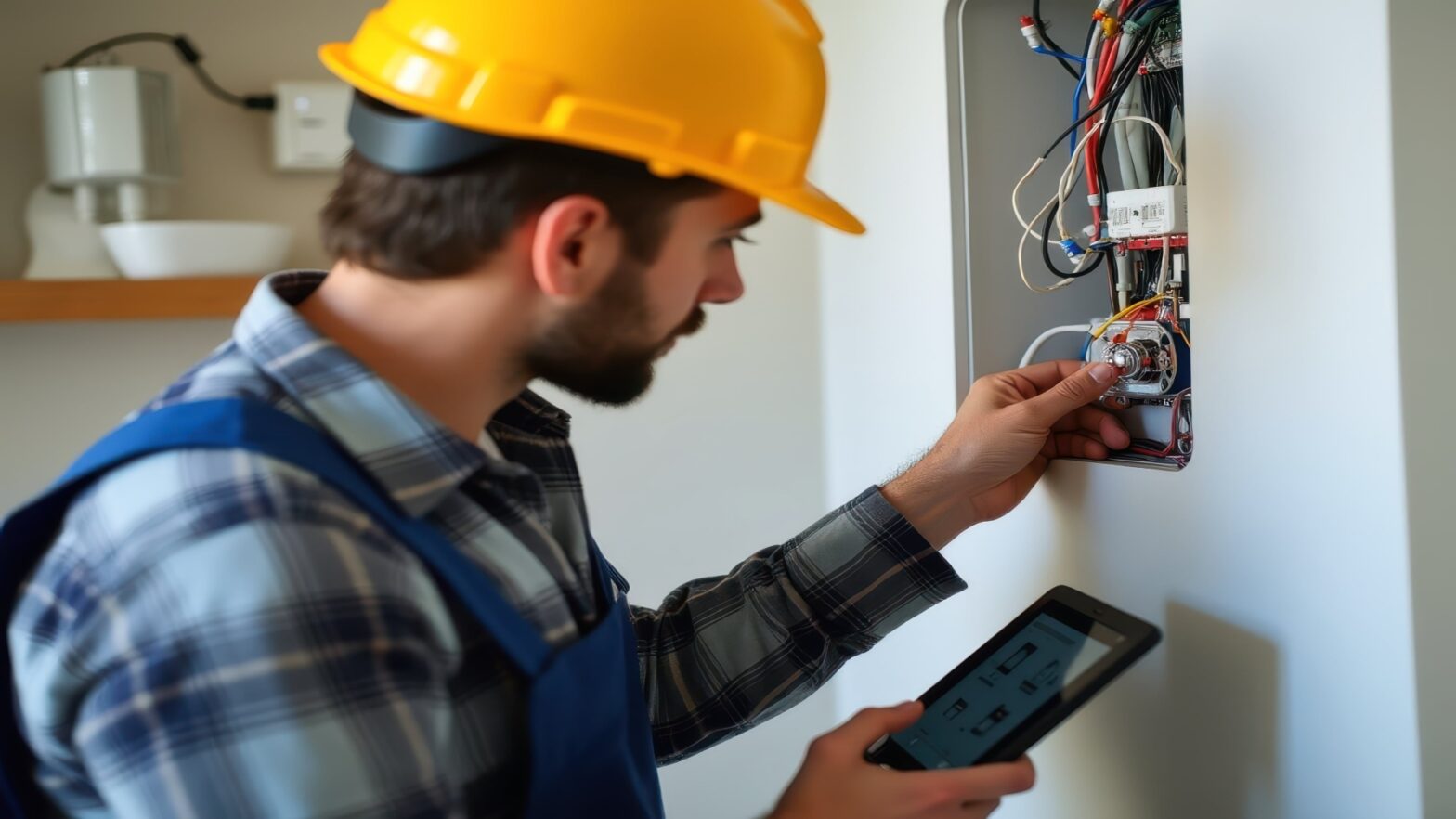In the dynamic world of construction in Pennsylvania, legal complexities are as common as the buildings that dot the skyline. Whether you’re dealing with contract negotiations, facing a dispute, or navigating regulatory compliance, having a proficient construction attorney is crucial. With Pennsylvania’s construction industry contributing significantly to the state’s economy, the role of specialized legal support cannot be overstated.
In 2018, the construction industry in Pennsylvania generated over $35 billion in economic activity, underscoring the importance of legal expertise in this sector. This article will guide you through the process of finding a reliable construction attorney in Pennsylvania.
Identifying Your Legal Needs
Before starting your search for a construction attorney in Pennsylvania, it’s essential to understand your specific legal needs:
- Project Stage: Are you in the planning phase, midst of construction, or handling post-construction issues?
- Type of Legal Assistance: Do you need help with contracts, dispute resolution, liability issues, or regulatory compliance?
- Complexity of Your Case: Is your case straightforward, or does it involve multiple parties and complex legal questions?
Finding the Right Construction Attorney
To find a construction attorney who meets your needs, consider the following steps:
- Research: Start with a thorough online search. Look for attorneys specializing in construction law in Pennsylvania. Review their websites, credentials, and areas of expertise.
- Referrals and Recommendations: Ask for referrals from colleagues, friends, or family members who have had similar legal needs. Personal recommendations can be invaluable.
- Check Experience and Qualifications: Ensure the attorney has experience in construction law, specifically in Pennsylvania. Check their qualifications, certifications, and any accolades or recognitions in their field.
- Review Past Cases and Testimonials: Look for information about past cases the attorney has handled. Client testimonials can provide insights into their approach and effectiveness.
- Schedule Consultations: Most attorneys offer initial consultations. Use this opportunity to discuss your case, understand their approach, and gauge their expertise.
- Discuss Fees and Billing: Understand how the attorney charges for their services. Some might charge an hourly rate, while others may offer flat fees or contingency arrangements.
Key Qualities to Look For
When selecting a construction attorney, consider these qualities:
- Expertise in Construction Law: A deep understanding of construction law, especially as it applies in Pennsylvania, is crucial.
- Experience with Similar Cases: Look for an attorney who has handled cases similar to yours.
- Strong Communication Skills: Effective communication is vital. Your attorney should be able to explain complex legal concepts in understandable terms.
- Proven Track Record: A history of successful outcomes in construction law cases is a positive indicator.
FAQs about Finding a Construction Attorney in Pennsylvania
How important is local experience in construction law?
- Local experience is crucial. Laws can vary significantly by state, and an attorney familiar with Pennsylvania’s construction law will be most effective.
Can I handle construction legal issues without an attorney?
- While it’s possible to handle some minor issues independently, legal guidance is recommended for complex or significant matters.
What should I expect in terms of fees for a construction attorney?
- Fees can vary based on the case’s complexity, the attorney’s experience, and the billing structure (hourly rate, flat fee, or contingency).
Conclusion
Finding the right construction attorney in Pennsylvania is a critical step toward successfully handling your legal matters in the construction industry. By carefully researching, assessing qualifications and experience, and choosing someone who understands the nuances of Pennsylvania’s construction laws, you can ensure that your legal needs are met with the highest professionalism. Remember, the right legal partnership can make a significant difference in the outcome of your construction-related legal issues.


































